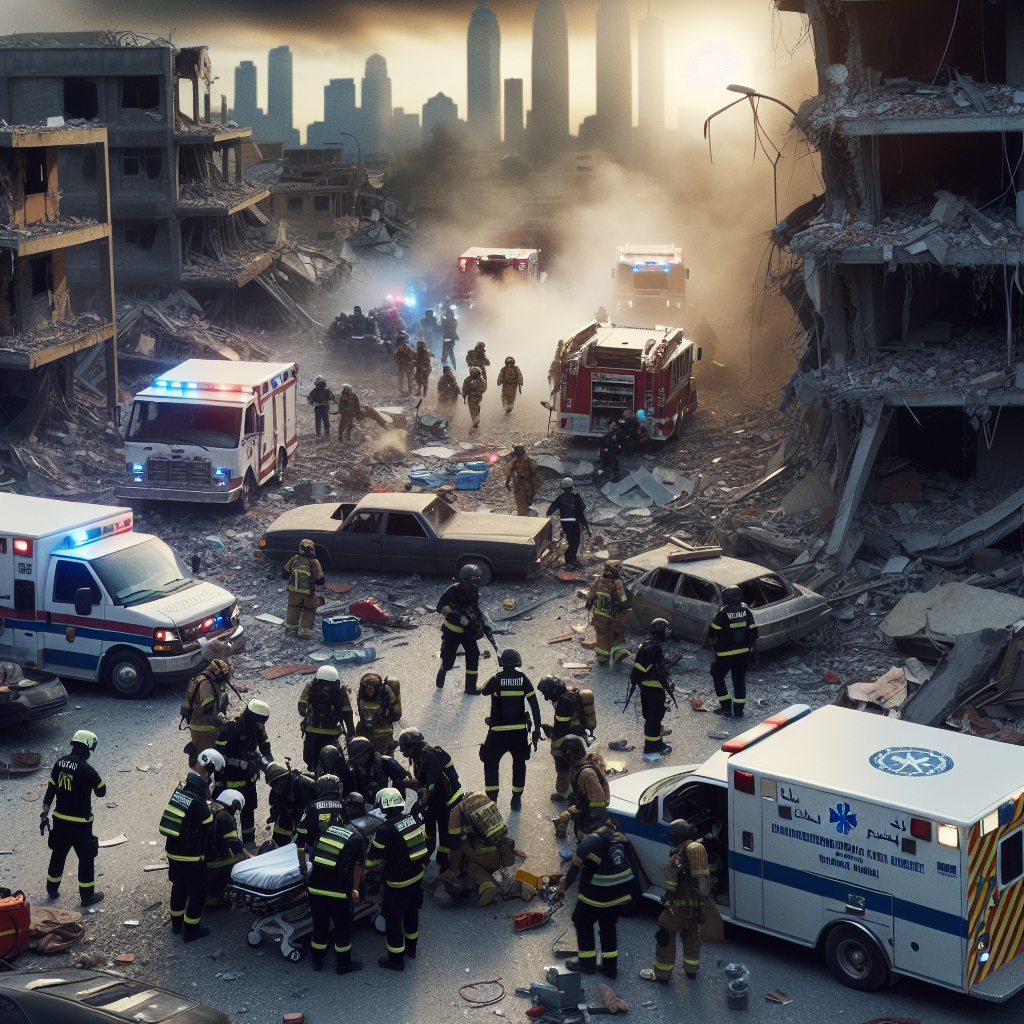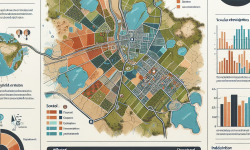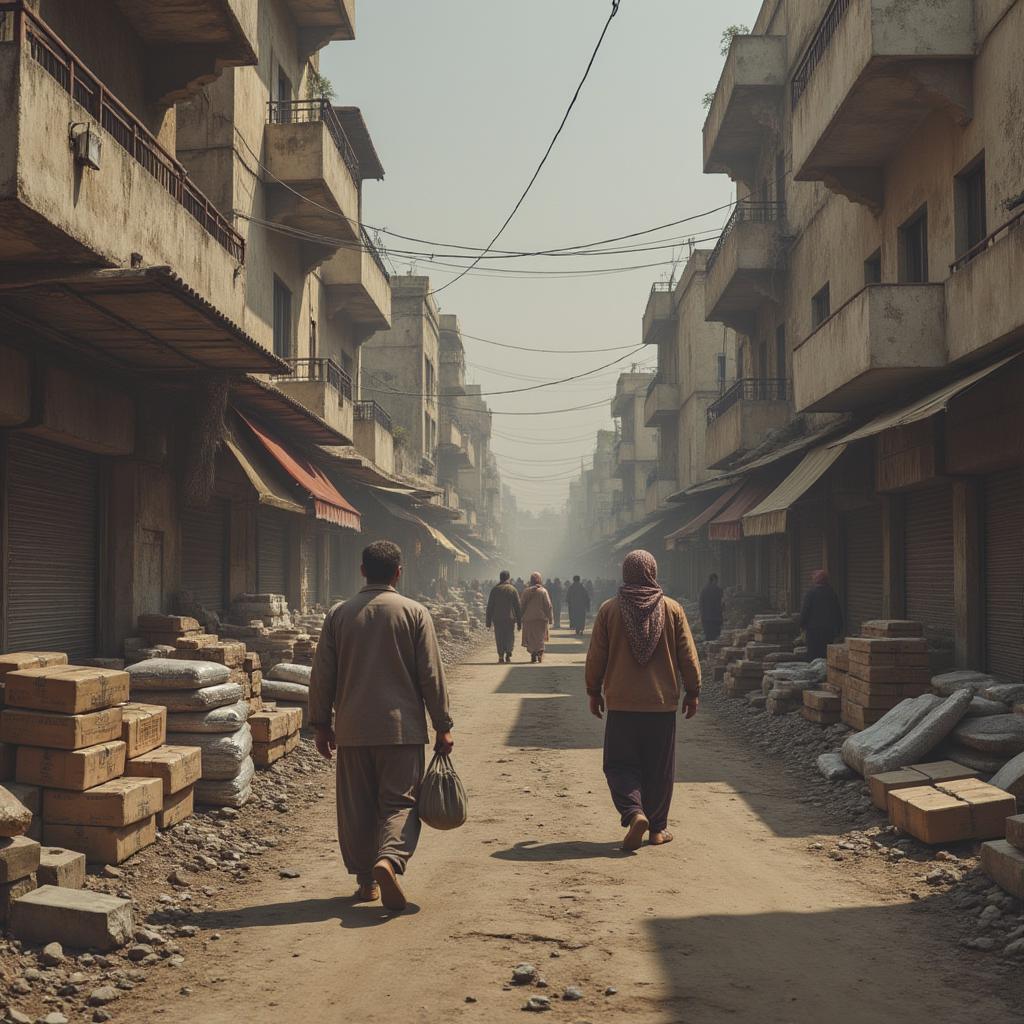Unresolvable Conflict
The recent massacres in eastern Congo have raised serious concerns about the efficacy of peace agreements touted by the U.S. administration. In July 2025, Rwandan-backed M23 rebels reportedly slaughtered 141 villagers in North Kivu, as per a report from Human Rights Watch. These brutal killings occurred in a series of attacks spanning from July 10 to 30, primarily targeting ethnic Hutu communities.
The Historical Context of Violence
Congo has been embroiled in conflict for over three decades, a turmoil rooted in the aftermath of the 1994 Rwandan genocide. The fall of the Hutu-dominated regime led to a massive exodus into Congo, which intensified existing tensions. The M23, a rebel group formed from previous Tutsi-led militias, has become a significant player in this ongoing violence, often acting as a proxy for Rwanda’s geopolitical interests.
Escalating Violence: More Than Reported
While Human Rights Watch documented 141 deaths, the United Nations alleged that the actual toll might be as high as 319 villagers. Both organizations note the alarming presence of Rwandan soldiers in the region alongside M23 fighters. The recent escalation raises eyebrows regarding the narratives put forth by both the Rwandan government and the M23, both of which vehemently dispute these claims.
Failed Peace Efforts: The U.S. Involvement
In a bid to address the deteriorating situation, the U.S. under the Trump administration pressured both Congolese and Rwandan leaders to reach a peace agreement. On June 27, a significant peace deal was signed in Washington, promising the withdrawal of Rwandan troops from Congolese soil and the disbandment of the FDLR militia.
However, since the signing of this agreement, violence has escalated rather than subsided, undermining the assertions from the U.S. and other stakeholders about a stable resolution to the conflict.
Contradictory Narratives
Trump’s administration made bold claims regarding the resolution of conflicts in the region. In a recent statement, Trump boasted about settling decades-long wars, highlighting that millions had died by machetes. Yet, recent events reveal that his claims do not align with the sobering realities on the ground. The Congolese army and M23 remain embroiled in clashes, raising significant doubts about the Washington peace accord and the ongoing peace talks in Doha.
Ongoing Tensions and Hostilities
With the M23 engaging in “incessant attacks” on Congolese military positions—despite the peace agreements—the situation is growing more perilous. On the other hand, the M23 forces allege that the Congolese army is using heavy military weaponry against civilian populations, resulting in a vicious cycle of accusations and counter-accusations that further complicates the quest for peace.
A Grave Shadow Over Peace Talks
As violence reignites, Congolese officials stated that the recent civilian massacres cast a “grave shadow” over the sincerity of both the Washington peace agreement and the Doha negotiations. Such circumstances illustrate how tenuous and fragile peace negotiations can be, especially in a region steeped in historical strife.
A Call for Global Attention
The ongoing chaos in eastern Congo requires heightened international attention and action. As armed groups continue to exploit the vulnerabilities of civilian populations, the need for a robust and genuine peace process becomes ever more critical. Without meaningful progress, the prospect for a peaceful and stable future remains dim.
To learn about the disclaimer of liability for the content of this website, click here





